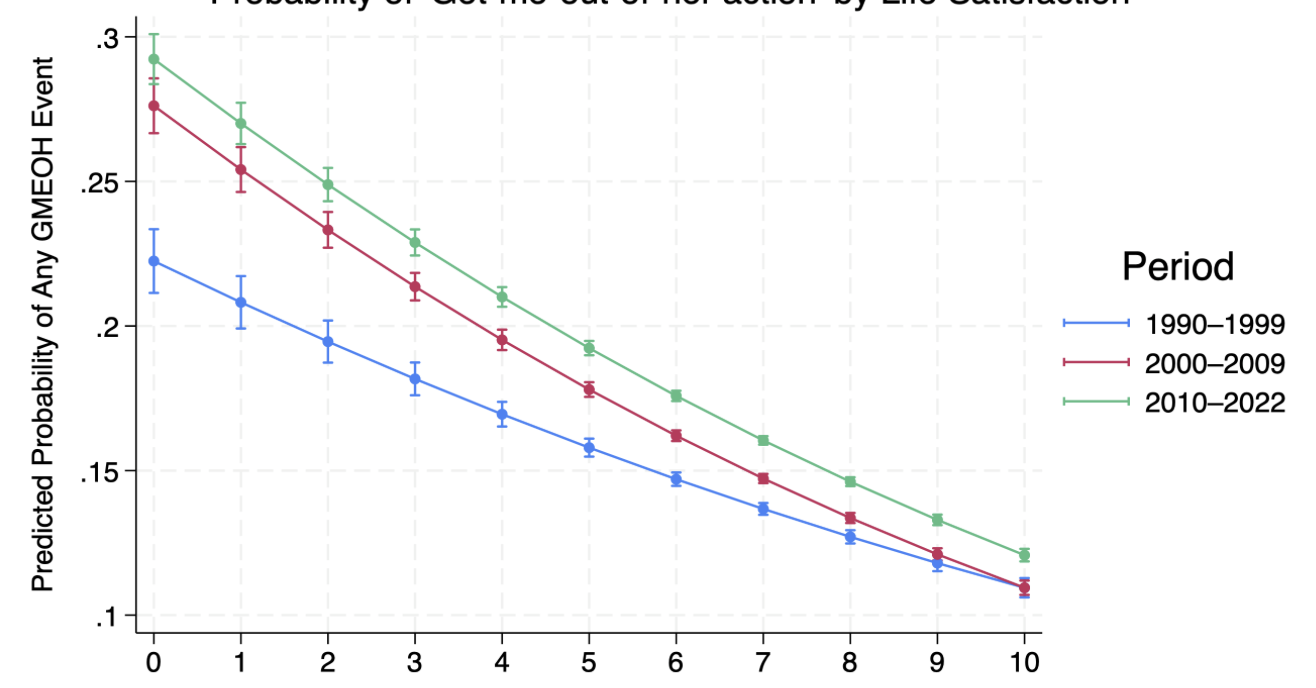OG YouTubers Hank and John Green (the vlog brothers) are reducing their beef consumption to only 4 designated days each year (plus 2 flex days). They have millions of followers and hundreds of thousands as a part of their so there's a good chance this could make a real impact. And more importantly, raise more awareness for the issue.
3
Reactions
I like the spirit of the video, but my impression is that if this causes people to switch from beef to chicken, it'll be good for climate change but bad for animal welfare, since chickens have much worse lives than farmed cows. I haven't studied how much reduced beef consumption prompts increased chicken consumption, but my first guess would be that it's enough to make the climate benefits not worth it (especially in comparison to other smaller-downside methods of fighting climate change).
I'm usually very against criticizing other people's charitable or philanthropic efforts. The first people to be criticized should be those who don't do anything, not those who try to do good.
But switching from beef to other meats (at least chicken, fish, or eggs, I'm less sure for other meats) is so common among socially- and environmentally-conscious people, and such a clear disaster on animal welfare grounds, that it's worth discussing.
Even if we assume the the reducitarian diet emits the same GHGs as a plant-based diet, you'll save about 0.4 tonnes of CO2e per year, the equivalent of a $4 donation (in expectation) to Founders Pledge's climate fund. Meanwhile, for every beef meal you replace with chicken, 200x more animals have to be slaughtered.
I'd bet that for ~any reasonable estimate of the damages of climate change and the moral value of farmed animal lives, this math does not work out favourably.



I'm usually very against criticizing other people's charitable or philanthropic efforts. The first people to be criticized should be those who don't do anything, not those who try to do good.
But switching from beef to other meats (at least chicken, fish, or eggs, I'm less sure for other meats) is so common among socially- and environmentally-conscious people, and such a clear disaster on animal welfare grounds, that it's worth discussing.
Even if we assume the the reducitarian diet emits the same GHGs as a plant-based diet, you'll save about 0.4 tonnes of CO2e per year, the equivalent of a $4 donation (in expectation) to Founders Pledge's climate fund. Meanwhile, for every beef meal you replace with chicken, 200x more animals have to be slaughtered.
I'd bet that for ~any reasonable estimate of the damages of climate change and the moral value of farmed animal lives, this math does not work out favourably.